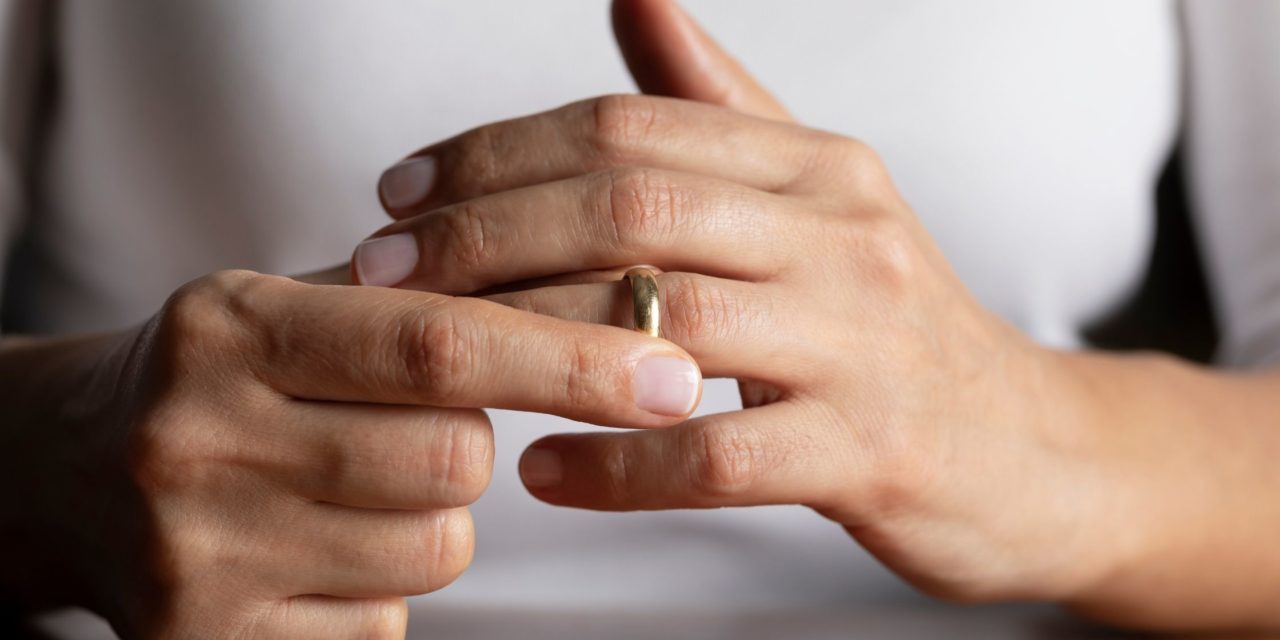Drug use can come at the cost of both your health, happiness, and, not least of all, your love life. While substance abuse itself is a common reason why couples call it quits, it can also be a direct cause of a relationship roadblock that few relationships manage to overcome and one of the most socially devastating unintended consequences of drug use. We’re talking about addiction and infidelity.
How Cheating Affects Relationships
Society may be a lot more progressive than it was 50 years ago, but one aspect that has remained unchanged is the belief in the sanctity of marriage. Cheating on your partner is still very much a big deal and as a monogamous culture, the violation of the institution of marriage is seen as being morally wrong no matter the circumstances.
Over 90% of Americans believe infidelity is immoral (although over half end up cheating on their partner at some point) and the proof is in the pudding as cheating is pretty much a guaranteed relationship-ender. An unfaithful romantic partner is cited as being the second leading cause of divorce and in both married and unmarried couples, fewer than 1 in 5 stays together after a partner has admitted to cheating (about 30% attempt but end up separating anyways).
Why Addiction and Infidelity Are So Common
Addiction sets the stage for infidelity both neurologically and behaviorally. Many of the conditions created by repeated drug use can make otherwise would-be faithful partners far more prone to having wandering eyes and unable to resist temptation.
Loss of Self-Control
There are lots of different types of drugs out there, but most of them affect our frontal lobe where most of our crucial decision-making skills take place. Ever done something stupid while you were drunk or high only to kick yourself for it later? That was the drugs putting your frontal lobe out of commission.
Chronic drug abuse can have a long-term impact on cognitive function as well. Over time, it can corrode our brain’s natural impulse control, critical thinking skills, and our instinct to evaluate risk and reward even when we’re not under the influence. When our everyday decision-making becomes impaired, there’s less incentive to fight our impulses, including the ones involving lusting after a person who isn’t our romantic partner.
Boosted Sex Drive
Certain drugs can actually increase your sex drive, making you feel friskiest at the time when your inhibitions are at their lowest. A dangerous combination indeed.
Stimulants like ecstasy (a.k.a. MDMA) and cocaine are perhaps the most well-known of the illicit aphrodisiacs but are far from the only ones. Methamphetamines and nitrates (a type of inhalants) are often sought after exclusively for the sexual effects. Depending on the specific mechanism of the drug, they can increase stamina, heighten arousal and perceived satisfaction, as well as enhance sexual function (though performance itself seems to be negatively affected).
So in addition to making you more likely to engage in sexual acts with someone who isn’t your partner, certain types of drug use can lead to a false perception that sex with other people is more rewarding which creates a strong motivating incentive to continue cheating on your partner. A study found similar results, that husbands and wives who used drugs experienced lower levels of marital satisfaction compared to other couples.
Note: These same drugs can actually tank your bedroom performance, resulting in lower libido, decreased sexual performance, as well as decreased fertility in both men and women. If you’re tempted to try these drugs to improve your sexual prowess, you might want to reconsider.
The “High” of Having An Affair
It turns out those songs were right, love really is a drug. Many of the same neurochemical reactions that occur during drug use also occur when someone is pursuing an extramarital relationship, including ones that create feelings of euphoria. Dopamine, serotonin, and epinephrine—all the usual suspects—are present when it comes to infatuation and romantic pursuits. These chemicals can elicit feelings of euphoria by also playing a major role in the brain’s reward system, thus establishing a powerful means of incentive to continue their cheating behavior.
Lust can be just as powerful as any drug high, and create a sensation that’s just as addictive. A long-time drug user who’s likely well-desensitized to drug use by now may find the thrill of infidelity to be too compelling to ignore and turn to it, not quite replacing one addiction with another, but certainly taking advantage of the rush that lust can cause.
Beat Your Addiction, Save Your Relationship
We know all too well how drug addiction can turn us into people we wouldn’t recognize and lead us to do things we normally would never condone. It’s to no surprise then that addiction and infidelity go hand-in-hand and are an all-too-common occurrence amongst addicts. However, it’s not just the drug-user who’s at risk of engaging in unfaithful behavior.
The partner dating a person with an addiction or being married to an addict can also cause them to have one foot out of the relationship. Financial stress or communication issues are common in relationships with drug users, driving a huge, and sometimes irreparable wedge between both partners. Feelings of rejection, unappreciation, or isolation derived through an addict’s behavior can also be enough to send them running into someone else’s arms.
Fortunately, the situation is far from hopeless, and being in a relationship with an addict doesn’t mean it’s impossible to make it work. Addiction treatment can help resolve the immediate problems that drug abuse has caused in a relationship, though getting sober won’t magically erase the loss of trust or other negative feelings that either partner has come to harbor. While there are no guarantees, going to rehab gives the relationship a fighting chance as long as both partners are willing to be patient and supportive.

